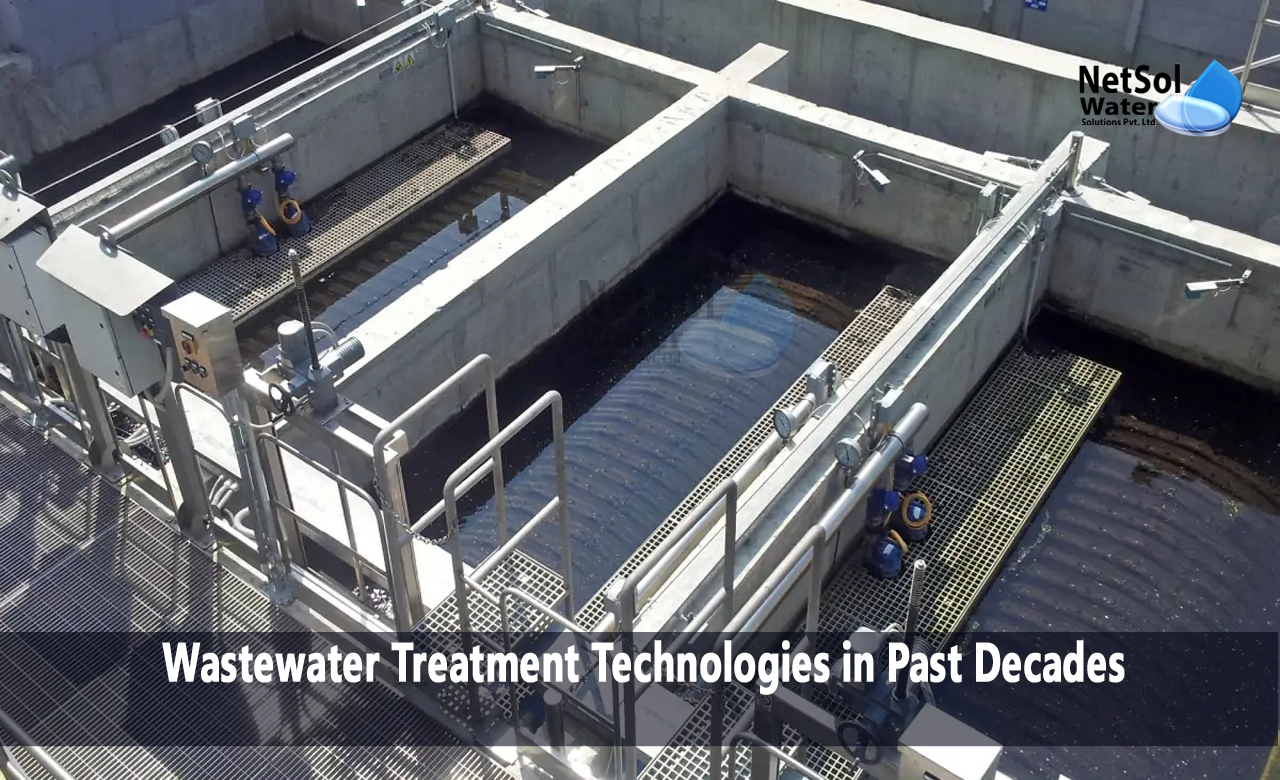What are the Wastewater Treatment Technologies in Past Decades?
The last ten years have seen tremendous progress in the wastewater treatment industry, mostly due to the growing demand for long-term, practical, and affordable solutions to the problems of resource conservation and water pollution. The most noteworthy advancements in wastewater treatment technology during the past 10 years are examined in this blog.
Advanced Oxidation Processes (AOPs)
The use of advanced oxidation processes has grown in popularity as a potent wastewater treatment method for emerging and resistant pollutants. AOPs include the production of extremely reactive hydroxyl radicals, which degrade a variety of contaminants, both inorganic and organic. These methods, which include ozonation and photocatalysis, provide a sustainable way to eliminate microplastics, personal care items, and medications while improving the quality of the water.
Membrane Bioreactors (MBRs)
Membrane filtration and biological treatment are combined in membrane bioreactors. When it comes to treating wastewater from a variety of sources, MBRs have demonstrated significant advances, providing outstanding effluent quality and space efficiency. They are useful for treating wastewater from homes and businesses since their use in decentralised, small-scale applications has grown.
Anaerobic Digestion Innovations
Significant progress has been made in the biological process of anaerobic digestion, which produces nutrient-rich biosolids and biogas from organic matter. The employment of microbial consortia for enhanced methane generation, thermophilic digestion, and high-rate anaerobic digesters are a few of these advancements. Improved anaerobic digestion systems contribute to the production of renewable energy in addition to being more efficient.
Technologies for Resource Recovery
Over the last ten years, resource recovery from wastewater has become more popular. Technologies for recovering phosphorus from wastewater, including struvite precipitation, have been developed to recover vital nutrients and lessen the need for artificial fertilisers. Similarly, treatment plants are now more economical and environmentally friendly due to the recovery of biogas and the synthesis of bio-based compounds from wastewater sludge.
Electrochemical Treatment
Electrocoagulation and electro-oxidation are two electrochemical treatment techniques that have demonstrated promise in eliminating contaminants from wastewater. Electrical energy is used in these procedures to destabilise and break down pollutants, including organic pollutants and heavy metals, so that they may be removed more easily. Electrochemical techniques use little chemicals and are energy-efficient.
Nature-Based Solutions
The idea of using natural methods to treat wastewater is becoming more and more popular. Natural systems like reed beds, constructed wetlands, and floating treatment wetlands have all been used because of their capacity to improve water quality and offer wildlife habitat. These solutions enhance the aesthetic and ecological value of treatment facilities while simultaneously consuming less energy.
Algae-Based Treatment
Algae-based treatment systems have gained popularity in the removal of nutrients and sequestration of carbon. Algae can produce oxygen and biomass while also efficiently absorbing nutrients such as phosphate and nitrogen. A circular economy and carbon-neutral wastewater treatment are two potential benefits of integrating algae ponds or bioreactors into wastewater treatment systems.
Systems of Decentralised Treatment
Decentralised wastewater treatment systems have gained popularity over the last ten years. Particularly in isolated or underserved locations, these modular, smaller-scale solutions—like containerized treatment units and on-site recycling systems—offer an economical and environmentally responsible option. Long-distance transport and substantial infrastructure are less necessary with decentralised systems.
Artificial Intelligence and Automation
The use of automation and artificial intelligence in wastewater treatment operations is growing. The optimisation of treatment plant operations by machine learning algorithms and real-time data analysis results in enhanced energy efficiency and decreased operational expenses. Furthermore, automation lessens the need for human intervention, improving the consistency and dependability of processes.
Conclusion
The technology for treating wastewater have advanced significantly throughout the last ten years. These developments show a move towards more economical, efficient, and sustainable practises, with a focus on decentralised solutions, resource recovery, and environmental preservation. Wastewater treatment will become a more integrated and sustainable aspect of our society as time goes on since it will be essential to managing new pollutants, improving energy efficiency, and maintaining water quality.
Netsol Water is Greater Noida-based leading water & wastewater treatment plant manufacturer. We are industry's most demanding company based on client review and work quality. We are known as best commercial RO plant manufacturers, industrial RO plant manufacturer, sewage treatment plant manufacturer, Water Softener Plant Manufacturers and effluent treatment plant manufacturers. Apart from this 24x7 customer support is our USP. Call on +91-9650608473, or write us at enquiry@netsolwater.com for any support, inquiry or product-purchase related query.



